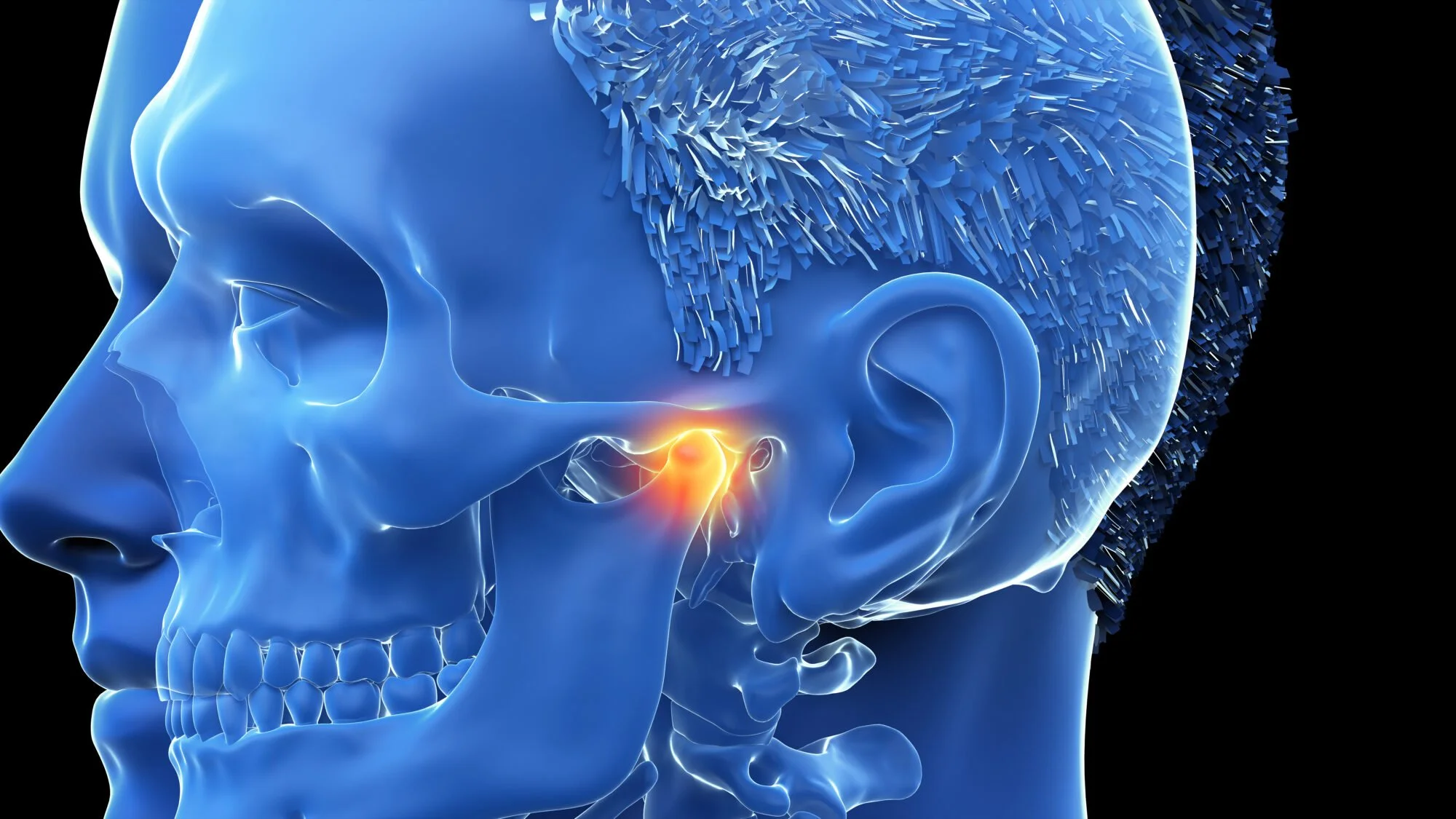Introduction
The temporomandibular joint (TMJ) connects your jawbone to your skull and plays a vital role in everyday activities like eating, speaking, and even yawning. When this joint becomes painful or dysfunctional, it leads to TMJ disorder (TMD)—a condition that can seriously disrupt daily life.
What Is TMJ Disorder?
TMJ disorder occurs when the jaw joint or surrounding muscles are not functioning properly. It may be caused by:
Jaw injury
Arthritis
Teeth grinding (bruxism)
Stress-related jaw clenching
Misalignment of the bite
How TMJ Disorder Affects Daily Life
1. Eating and Chewing Difficulties
Pain while chewing hard or chewy foods
Clicking or popping sounds with every bite
Avoidance of certain foods, leading to dietary changes
2. Speech Challenges
Jaw stiffness making it difficult to pronounce words clearly
Fatigue in jaw muscles during long conversations
3. Chronic Pain and Headaches
Frequent headaches or migraines
Ear pain or a sensation of “fullness” in the ears
Pain radiating to the neck and shoulders
4. Sleep Disruptions
Nighttime teeth grinding leading to sore jaws in the morning
Poor sleep quality due to jaw discomfort
5. Emotional and Social Impact
Increased stress or anxiety due to chronic pain
Avoidance of social gatherings involving meals
Reduced confidence when speaking or smiling
Coping Strategies for TMJ Disorder
Jaw exercises prescribed by a dentist or physical therapist
Stress management techniques (yoga, meditation, relaxation therapy)
Mouthguards or splints to prevent grinding at night
Diet modifications (soft foods, avoiding gum and hard candy)
Pain management (heat/cold packs, over-the-counter anti-inflammatories)
When to See a Dentist or Specialist
If you experience persistent jaw pain, difficulty opening your mouth, or chronic headaches, consult a dentist or TMJ specialist. Early intervention can prevent long-term damage and improve quality of life.
Key Takeaway
TMJ disorder is more than just jaw pain—it can affect eating, speaking, sleeping, and emotional well-being. By seeking proper care and adopting coping strategies, you can reduce discomfort and regain control of your daily life.
